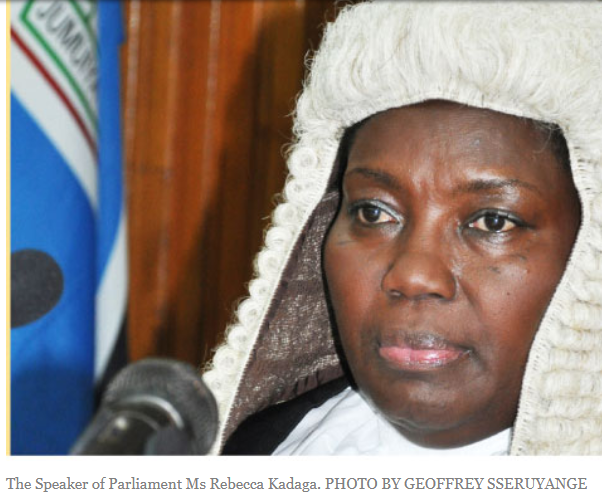Parliament approved the 2018/2019 financial year budget totalling Shs32.367 trillion. This is the breakdown you’ve been waiting for.
The Public Finance Management Act requires parliament to pass the budget by May 31 before it is read out to the public.
In the budget, the total recurrent expenditure stands at Shs9.4 trillion while development expenditure is estimated at Shs13.1 trillion. The additional Shs10.1 trillion is classified as statutory expenditure. At least Shs24 trillion of the total will be mobilized from domestic sources and Shs7 trillion from external support.
The Works and Transport sector is taking a lion share of the budget at Shs4.7 trillion, Shs1 trillion above last year’s allocation. The education sector funding now stands at Shs2.4 trillion at the same footing with the energy ministry. The health sector will get an allocation of Shs2.2 trillion while local governments will collectively share Shs3 trillion.
According to the budget, at least 1.5 trillion Shillings will be spent on Public sector management, Shs1.4 trillion will be spent on security, and Shs1.2 trillion will go the Justice Law and Order Sector. The ministry of agriculture will receive Shs862 billion, the Ministry of Water and Environment will take Shs595 billion and the Legislature will receive an allocation of Shs 459 billion.
Mobile money and social media tax
Parliament also approved proposals to tax mobile money transactions and social media. The decision followed a heated debate on the report of the Finance Committee on suggestions presented by the government through the Excise Duty (Amendment) Bill.
The approval implies that each person using platforms like WhatsApp, Facebook, Viber and Skype among others, will be subjected to a daily levy of Shs200 while each mobile money transaction will be subjected to a 1 percent excise duty. The government is projecting to collect Shs284 billion from the measures.
Also approved is the Shs200 levy on every litre of cooking oil, Shs100 for every litre of diesel and petrol, Shs650 on each litre of Opaque beer, Shs1500 per litre on ready to drink spirits and Shs200 for every litre of non-alcoholic beverages with the exception of fruit or vegetable juices.
However, MPs in the same Bill reduced excise duty on soft drinks from 13 to 12 percent and exempted sugar confectionaries including chewing gum, sweets and chocolates to enhance Uganda’s competitiveness in the East African region where countries have exempted confectionaries.
State Minister for Planning David Bahati told MPs that the proposed tax measures will help raise revenue for the nation and not a punishment to Ugandans.











